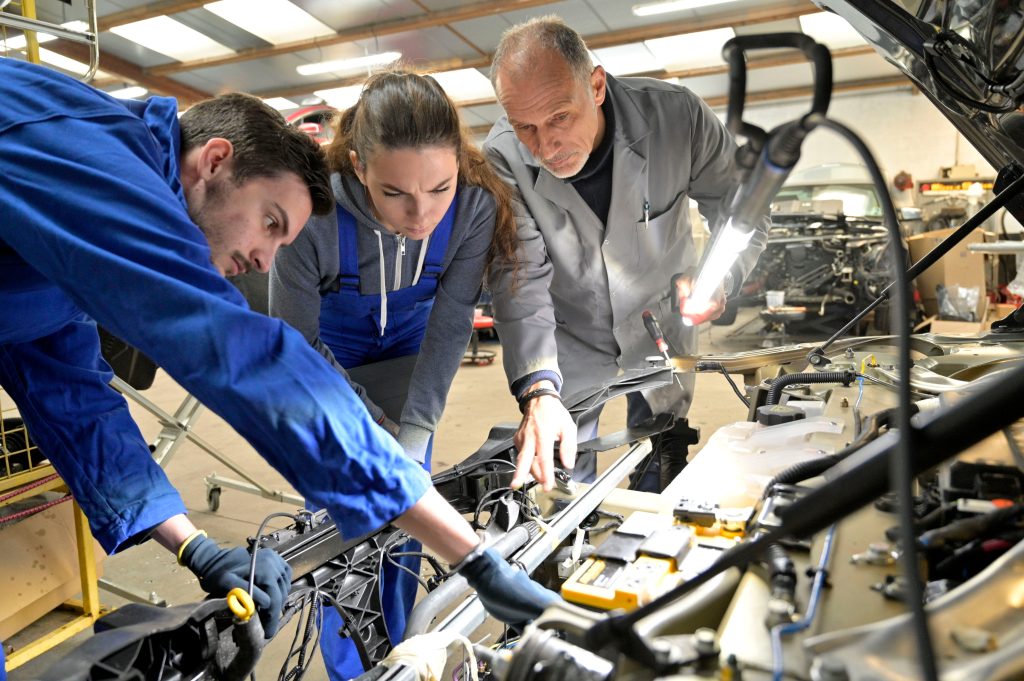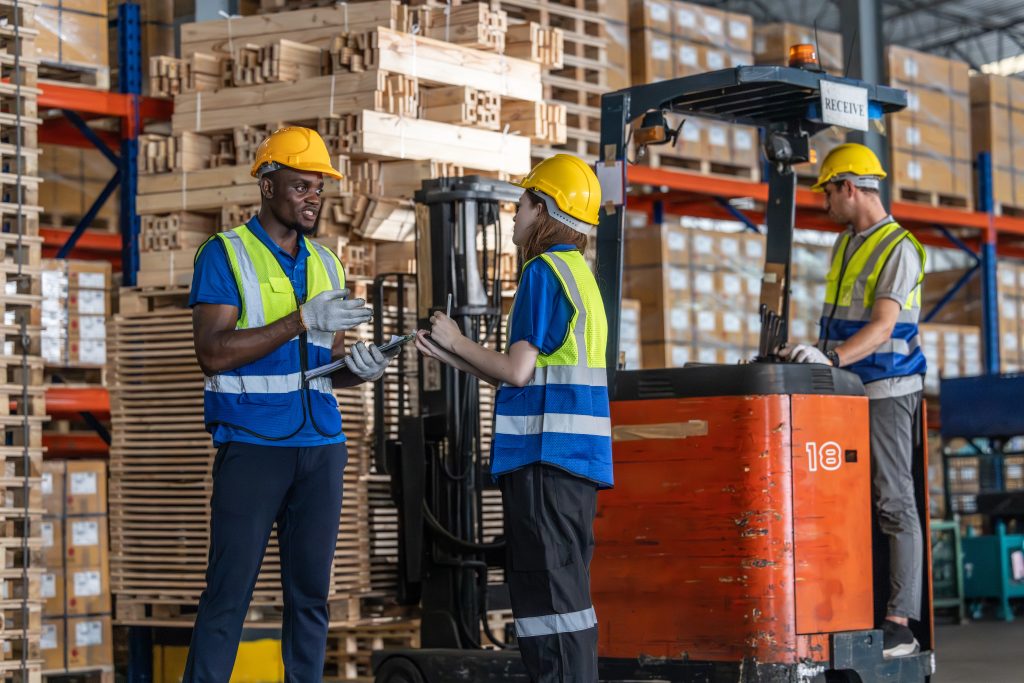3 Types of Musculoskeletal Injuries Transportation Industry Workers Can Avoid

Musculoskeletal injuries (MSKIs) are injuries affecting the bones, ligaments, tendons and muscles. In the workplace, they can be caused when an employee overuses a muscle or performs a task in the same awkward position over time. Sometimes referred to as ergonomic injuries, MSKIs can include sprains, strains, fractures and pinched nerves.
Many employees can be at risk of experiencing symptoms of MSKIs. Musculoskeletal injuries are among the most frequently reported causes of lost time at work. However, different MSKIs can affect employees in different workplaces. For example, employees in labor-intensive jobs, like shipping or construction, can easily develop tendinitis, or strain or tear muscles from overuse or an acute incident. Transportation industry employees can also be prone to a completely different category of MSKIs.
What are the most common MSKIs in the transportation industry?
Transportation industry workers can have diverse work experiences. Their jobs may shift from stationary work, including driving all day, to labor-intensive work, including loading freight onto trucks. MSKIs specific to employees in the transportation sector can differ in a variety of situations, like:
- Back and neck injuries from long drives — Transportation sector employees who spend prolonged periods of time sitting in the driver’s seat may be prone to back and neck injuries. Sitting for consistent hours in the same position can stiffen joints and muscles. Increased pressure to the spine and vertebrae can also contribute to back and neck pain. To combat this, employees should take breaks and stretch in between long drives, and practice postural corrective exercises.
- Strains from lifting heavy cargo — At the end of a trip, employees may need to perform bursts of labor-intensive activity when unloading cargo. Without a proper warmup beforehand, this can be a major source of workplace injury. Lifting heavy objects can strain muscles, possibly leading to muscular tears.
- Carpal tunnel syndrome — Transportation company employees can develop carpal tunnel syndrome, or a compressed median nerve, which runs from the forearm to the palm of the hand, and branches into the thumb and fingers. This can occur if drivers consistently drive with their wrist resting on the steering wheel or shifter. Early diagnosis is important to reduce the risk of permanent damage.
Understanding common MSKIs in the workplace can help employers take steps to avoid them in the first place.
Work-Fit can help employees prevent MSKIs in the transportation industry
With so many opportunities for injury, transportation industry employees need to understand the best positions, exercises and stretches to protect their bodies. Work-Fit can offer several programs that train employees and employers to prevent workplace injury. Even if injury does occur, Work-Fit has the resources to help employees manage their pain.
Contact our team today for more information about our services or to learn how we can help keep your employees work fit.



